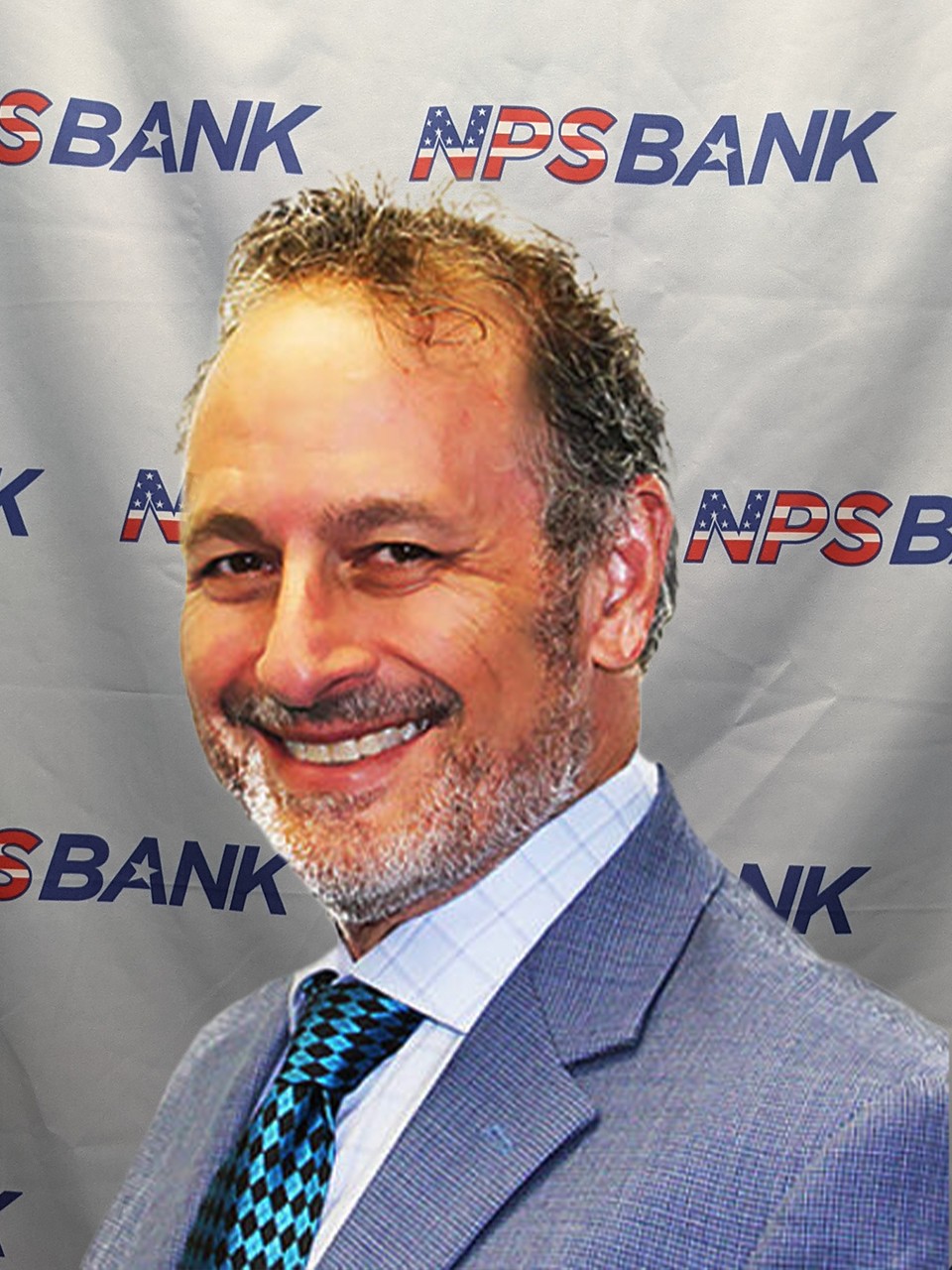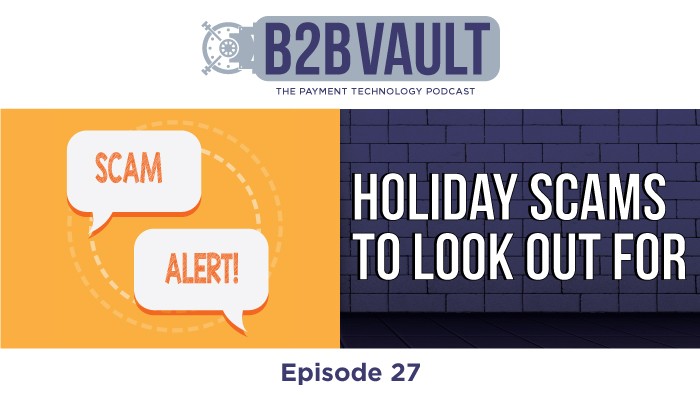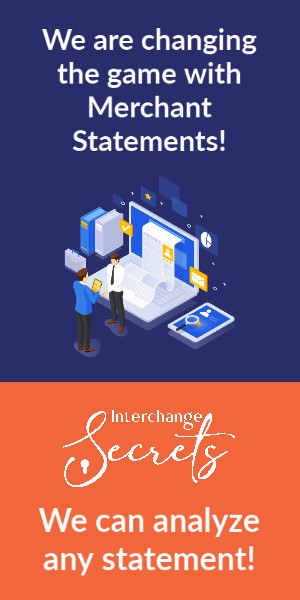
Written by Allen Kopelman
December 2, 2021

Video Transcription
Hey, this is Allen with the B2B vault podcast, the payment technology podcast. And we’re here today to wish everybody a happy holiday. So happy holidays, happy Hanukkah, Merry Christmas, Happy Kwanzaa, happy, everything. Happy new year. We’re going to read the close-out 2021 and our 2022. So one of the things that we deal with all the time during the holiday season is scams. Even today, I got two phone calls. Oh, I think somebody is trying to scam me. So we’re here. We’re going to talk about scams that always pop up during the holidays. They pop up all during the year, but they always popping up here and there, you know, we’re always dealing with different scams. So we’re going to talk about the first retail scams. So what kind of scams get to run on the retail and retail stores? It can happen. Retail restaurant card-present customer comes in. They have their EMV card and you stick it in the machine and the EMV doesn’t work and you clean it. You stick it in again and it doesn’t work. And then the customer starts telling you, oh, don’t worry about it. I have money in my bank, swipe the card, swipe the card, just swipe the card. And if they start telling you to like, oh, swipe it real fast, two or three times your path to get scammed, do not swipe the card. The EMV chip. I tell my customers the EMV chip doesn’t work. Sorry. Give me another card. There’s no, if you swipe it, you can get what’s called the EMV fallback transaction, which went into effect October 2015, from the card brands, visa, MasterCard, Amex. Everybody. If you swipe a card, their car, their bank could see that it was swiped and just go, oh, there’s a chargeback. You get their chargeback. You know that you, you, uh, charge the customer. You said that a copy of the receipt, they see it swiped, boom, you lost a chargeback. Plus you got hit with some kind of fee ranging anywhere from 15 up to $35. And now you’re out all your money. You’re at your merchandise and you got hit with it with a chargeback fee. So we recommend if the EMV chip doesn’t work, they need another card, customer buying items, using a card. And then they come back asking you for cash. Never do that. If you have a customer, they paid you with a card. You refund the card. Oh, I got a different card. Nope. We want that card. Or we need that card number. Cause let’s say their card got compromised. That’s usually the story they tell you. No, you say no, I need the whole card number. The one that got compromised, I’ll do the refund on that card. Don’t worry. Cause it’ll get credited to that. Person’s new card. Do not believe that story. They will get the cash from you and then they will run home or run on their phone and do a chargeback. And then you have no proof that you gave them cash, a check, anything it’s not even accepted. The chargeback will go through and bam. Now you’re at the cash. You’re out. Then you’re getting a chargeback. Forget it. It’s done. Do not fall for that. The scam happens all the time. Somebody called me with that today and said, oh, somebody wants us to give them their money back. But now they said the car got compromised. I said, absolutely not. You do not do that. You’re about to get scanned, splitting the charge, you know, upon two or more cards. And I’m not talking about like, oh, you’re in a restaurant with three friends and everybody wants to pay their bill. That’s something completely different. This is where the customer comes up, their bills, a couple of hundred bucks and they go put part of it on this card, and then they want to pay with another card. So unless you, you know, you need to ring up each sale separately or maybe your POS can handle taking more than one card then that’s good. But this, uh, splitting the charge up, you know, as a lot of times it’s called ticket-splitting and that can result in a chargeback because the customer will go, oh, my bill was only a hundred bucks and they charged me a hundred bucks, two times once on one card and once on the other card and no, I was only supposed to be, get a hundred bucks. And then it’s very difficult to explain that to the bank. They’re going to say, oh my car didn’t work. This that. And it’s going to result in a chargeback. Sometimes you can win. Sometimes you can’t win. The card is declined. And then the customers waving their phone around going, no, I have money in my bank. I can have money in my bank account. No, there’s the decline as the client. It can be that they only have allowed a certain amount of transactions per day. There are all kinds of different things that can be going on with that. So don’t run for that. And then the last one was, oh, we missed one Justin. The last one was somebody coming in with a large transaction. That’s much larger than let’s say your store is an average sale of 40 or $50. But somebody comes in and trying to spend like 500 bucks, you know, I would be making sure like that’s their credit card or they come in and they want to buy a lot of gift cards. A lot of times that, you know, that can result in a chargeback and let you know, I would make sure like the card belongs to the person and they’re not trying to run a scam on you. Now we’re going to go to the noncard, present, and phone ordered scams. So the same thing, the order is larger than your usual order today. Somebody called me, they sell toner online. Usually, people order anywhere from 50 bucks up to maybe a hundred or $200 worth of toner at a time, if it’s going to a business and they got an order for a couple of thousand bucks, I told the guy, Hey, why don’t you Google the shipping address? So they did go to some kind of like mailbox store. And I said, well, that’s probably, you know, a scam. You know, I would reach out to the person and say, tell them, you can only ship to their billing address and see what they say, or just go in and void the transaction and forget it, you know? Cause you’re going to get ripped off. And um, I’ve seen this happen dozens and dozens of times. So you have to make sure that you know who you’re dealing with. You get an order like that and you call up and they don’t answer the phone. When you call to verify or you call up and they’re using some kind of weird virtual number, like a Google phone number or these voices to text or text the voice. I don’t even know what they’re called. So that’s something that it’d be careful of. The address for the shipping is going to a mailbox store or some kind of office suite. That’s also a big red flag. They asked you for the say, they want to send a freight forwarder to come to your office and pick the product up. Forget that noise. You’re ready. That’s, that’s like the number one scam. Um, we saw that one kind of goes away, but it popped up a couple of months ago. I just tell everybody to verify before you ship, because you don’t want to ship stuff out and you didn’t verify the address. If it’s not a known customer and people sometimes will make a small purchase to see if you’ll ship to an ups store and then you do. And then the next thing you know, they’re placing a very large order and um, I’ve seen it happen dozens of times and the merchant will tell me, oh, you’re, you’re preventing us from making a sale. I go, no I’m preventing you from losing money because I guarantee there’s going to be a chargeback. Do you know? And I don’t like people to get charged back. Same thing. E-commerce large order coming in. Somebody comes to your website, they order one of everything. That’s a Barnwell shipping address. Again, mailbox, door office. We say, you know, use the same per you have to have fraud procedures in place. Call the verify, you know, the customer doesn’t call you back. They only use email. You know, you can also call customers and say, Hey, we need a signed authorization form and a copy of your credit card and driver’s license. You know, it can do that with mail order, telephone order 10, the same, you know, uh, a lot of companies who sell very expensive items, only shipped to the exact billing address, you know, and then do not ship other places. Um, one thing that we had happened recently, a few, maybe about a year ago, ups and FedEx have like a little feature in there that allows the cost, the customer receiving the goods to like, they’ll get the tracking number. And then if you allow it, they can go on there and change the address where the stuff is going. You don’t want, you want to shut that off immediately. If you have that on your system, you need to shut that off because that’s, you’re, you’re, you’re going to get scammed. We had a merchant that had that on and somebody changed the address to go somewhere else. They paid the difference. It went to a completely different city, went to some mailbox place, and bam, they got a chargeback for like three grand. So I recommend not having that on and don’t allow your customers to use it. Okay. That’s very, very dangerous. You know, the scammer will change the address to go somewhere else, a mailbox or a different address. And then you’ll get a chargeback. And nobody wants to deal with chargebacks is when you get a chargeback, you’re losing your merchandise, you’re losing money and you’re going to lose the chargeback most of the time, you know? So, you know, you can add, you can send in proof of delivery, you’re going to need to send in a lot of stuff. You know, merchants who do a ton of e-commerce sign up for different services, who help them, monitor, um, chargebacks, and fight chargebacks. But you’ve got to have the right fraud settings set up on your gateway. You know, AVS CVV too. You gotta have, you know, you gotta check your shipping addresses. You know, if you’re a small merchant, sometimes you have to do a little bit of that yourself, you know, checking, uh, checking the addresses. If you’re a big merchant their software you can do that does verification that makes sure you’re not shipping. You know something comes up, oh, this address is to an ups store. Nope. We don’t do that. You know, some people even have our on their website, we do not ship to ups stores or office suite places. You know, they don’t, they won’t do it. So keep an eye out. If yet, if you’re a merchant of ours, your merchant of nationwide payment systems, you know, you can always call us and ask us questions. And we get phone calls all the time from merchants asking us about, you know, what should they do? We got this order. How do I handle it? Do you know? And then we walk them through it. Or maybe, you know, you need some more help. You can call us and book an appointment on NPS bank.com. So thank you for listening to the B2B vault podcast, the payment technology podcast, we’re here to educate business owners and merchants, and hope you enjoyed the episode. Follow us on YouTube, Spotify, Google podcast, apple podcast, iHeart, Stitcher, we’re all over the place, but it’d be to be vol and find us on your favorite podcast network. If there’s some kind of subject you want us to talk about, uh, go to B2B vault.info and you can send us a message and maybe we’ll cover that subject on the podcast. So over and out, B2B vault, Carpe diem seize the day. Thank you for listening.

SUBSCRIBE TO OUR NEWSLETTER
Related Articles
No Results Found
The page you requested could not be found. Try refining your search, or use the navigation above to locate the post.



